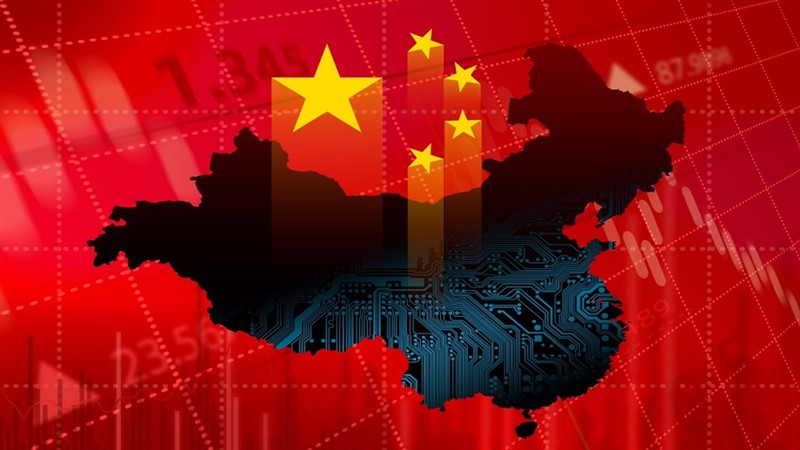Banker's Digest
2022.10
The Misuse of the Microfinance Nobel Prize

While China’s four state-owned banks are among the world’s largest in terms of total assets, a significant percentage of the country’s population lacks formal access to financial services. Therefore, since the 1990s, financial inclusion has always been limited to projects the government wanted to promote. This was not an easy job, so up until 2010, results were limited. Then, however, financial inclusion exploded. Nobel Peace Prize winner Muhammad Yunus’s many visits to China provided momentum for the development of its online finance ecosystem. According to the press release for the trip, China was the first country that Yunus was invited to visit after winning the prize. He was welcomed by Chinese state leaders Xi Jinping Wen Jiabao, and financial regulators Wu Xiaoling and Yi Gang. Yunus perceived a determination by Chinese leaders to achieve inclusive finance through innovation. Easy come, easy go Yunus won the Nobel Peace Prize for his micro-lending innovation in 2006. In 2009, he cooperated with Jack Ma to set up a microfinance company, but the results were unsatisfactory. Later, online peer-to-peer (P2P) lending began to blow up. Yunus personally attended online financing forums all over China, seeming to endorse platform operators, and was honored as a special guest wherever he went. During his 2015 China trip, he not only made a presentation at a forum, but also visited ten online financing companies, and inspected a platform in Hangzhou. Under the aura of the Nobel Prize, P2P lending gained tremendous growth momentum in China. At its peak in 2015, there were estimated to be more than 6,000 platforms in China, of which 3,500 operated legally. Ordinary people and small businesses who had nowhere else to turn for financial services appeared to benefit from the popularity of P2P lending. Borrowers had an alternative to banks, and those with money to lend also earned higher rates. But the good times did not last long. Due to a lack of proper supervision, flows into and out of such platforms were not transparent. There were reports of money being diverted for other purposes, and also frequent bankruptcies, causing investors to lose their capital. Later, the scale of delinquency became ever larger. Tang Jun, former CEO of the unicorn Tuandai.com and mentor of the Dongguan Qingchuang Incubator, whom officials had praised many times before he went bankrupt, even associated the image of Yunus with this disaster in inclusive finance. A normal P2P platform should only match lenders and borrowers, and then collect service fees from them. There should be no large-scale repayment cycles. These platforms were however not content with just processing fees. Fraudulent accounts frequently borrowed money for other purposes, constantly borrowing new money to pay off old loans. Borrowing rates had to be raised, but bubbles always burst. In 2019, China decided to start correcting the situation. By November 2020, it had zeroed out all P2P accounts and stopped all business. Weaknesses in China’s financial supervision Not long after that, however, deposits in local Henan banks mysteriously disappeared. In order to promote inclusive finance and provide more financial services, the Chinese government has widely distributed local rural banks. This May, some local banks in Henan cut off cash withdrawals, citing IT maintenance. Then, it was rumored that deposits disappeared into thin air, triggering public protests. At first, it was reported that the banks misled the public to buy wealth management products, which later collapsed. Later, it became clear why the deposits couldn’t be found: the banks had established separate internal systems for inspections by the CBRC in order to use the funds for other purposes. The Financial Institution Rating Results released by the People’s Bank of China at the end of 2021 show 2,201 green light companies, 1,881 yellow lights, and 316 red lights. The Hunan banks were not among the red lights. Beneath the iceberg, the weaknesses of China's financial supervision have been exposed. The author of this article is a senior researcher at TABF



